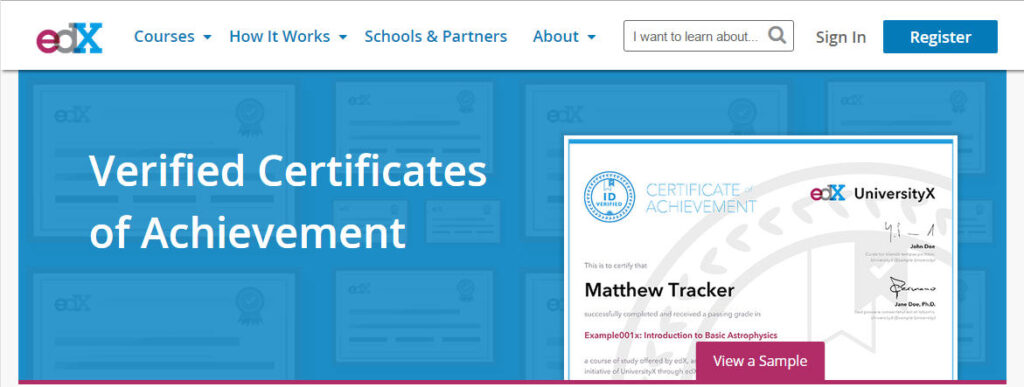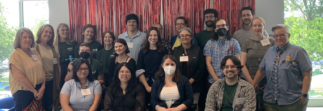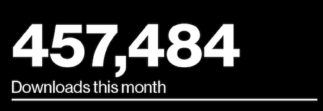 Researchers at MIT and Harvard have discovered a new way to cheat in massive open online courses that “holds the potential to render the MOOC certificate valueless as an academic credential.” With colleagues, Isaac Chuang, a professor of electrical engineering and physics and MIT’s senior associate dean of digital learning, analyzed data from nearly two million course participants in 115 MOOCs from Harvard and MIT. They found that certificate earners in 69 courses used a cheating strategy that involves making multiple profiles, allowing users to acquire course certification in less than an hour. The researchers describe so-called CAMEO cheating (copying answers using multiple existences online) and outline some prevention strategies in a working paper published on arXiv last week.
Researchers at MIT and Harvard have discovered a new way to cheat in massive open online courses that “holds the potential to render the MOOC certificate valueless as an academic credential.” With colleagues, Isaac Chuang, a professor of electrical engineering and physics and MIT’s senior associate dean of digital learning, analyzed data from nearly two million course participants in 115 MOOCs from Harvard and MIT. They found that certificate earners in 69 courses used a cheating strategy that involves making multiple profiles, allowing users to acquire course certification in less than an hour. The researchers describe so-called CAMEO cheating (copying answers using multiple existences online) and outline some prevention strategies in a working paper published on arXiv last week.
Explore Professor Chuang’s research in the Open Access Articles collection in DSpace@MIT, where it is openly accessible to the world.
Since the MIT faculty established their Open Access Policy in March 2009 they have made thousands of research papers freely available to the world via DSpace@MIT. To highlight that research, we’re offering a series of blog posts that link news stories about scholars’ work to their open access papers in DSpace.


